If you have trouble falling asleep at night because odd sensations in your lower extremities leave your legs throbbing and twitching, you’re not alone. Medical scientists say that as many as 15 percent of all Americans may be affected by restless legs syndrome (RLS.) Although scientists aren’t exactly sure what causes restless legs syndrome, many are starting to wonder whether the condition may be related to a venous insufficiency in some way.
Valves and Veins
The heart pumps blood into the lungs where blood picks up oxygen and discharges carbon dioxide. Oxygenated blood then travels through arteries and capillaries to deliver blood to the body’s various tissues and organs. Once this process is through, deoxygenated blood is pumped through the veins back toward the heart and the oxygenation cycle is repeated all over again.
The deep veins of in your legs have one-way valves that are designed to keep your blood moving against gravity and to prevent it from flowing backwards. When these valves are not working optimally, blood may tend to pool your legs causing symptoms such as cramps, itching and odd creeping sensations. This condition is called venous insufficiency. Venous insufficiencies are typically caused by thrombosis or varicose veins. Chronic venous insufficiencies often involve edema and a thickening of the skin in addition to the symptoms listed above.
RLS and Venous Insufficiency
Restless legs syndrome share many symptoms in common with venous insufficiencies, and it’s easy to see how a vein specialist might mistake the one for the other.
Are they related? The medical community has not reached consensus on this matter, but certainly venous reflux and varicose veins are two of the risk factors that have been identified for the development of restless legs syndrome.
Other risk factors include:
Gender
More women than men are affected by restless legs syndrome.
Heredity
The condition is most common among individuals of Northern European descent.
Medical conditions
Restless legs syndrome is often found in conjunction with other medical conditions that are associated with peripheral neuropathies such as diabetes.
Iron deficiencies
There is some evidence that restless legs syndrome may be related to abnormal levels of the neurotransmitter dopamine. The brain uses iron to synthesize dopamine, so insufficient iron levels may be a factor in restless legs syndrome.
Pharmaceuticals
The use of certain antidepressants, calcium channel blockers and antihistamines may predispose individuals to develop restless legs syndrome symptoms.
If you’re wondering whether you may have restless legs syndrome or some other venous condition, consulting with an AVLC experienced vein specialist may help you find an answer.


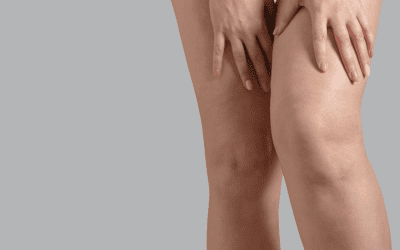

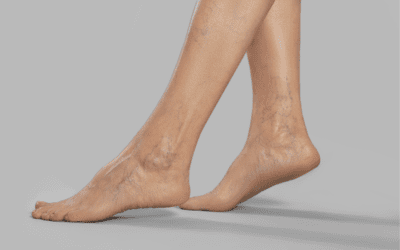
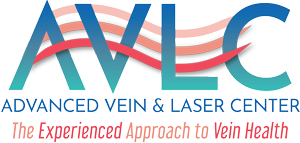
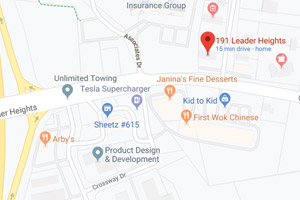
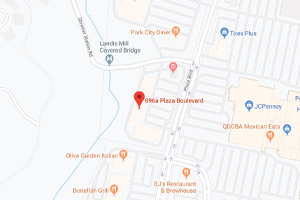
0 Comments